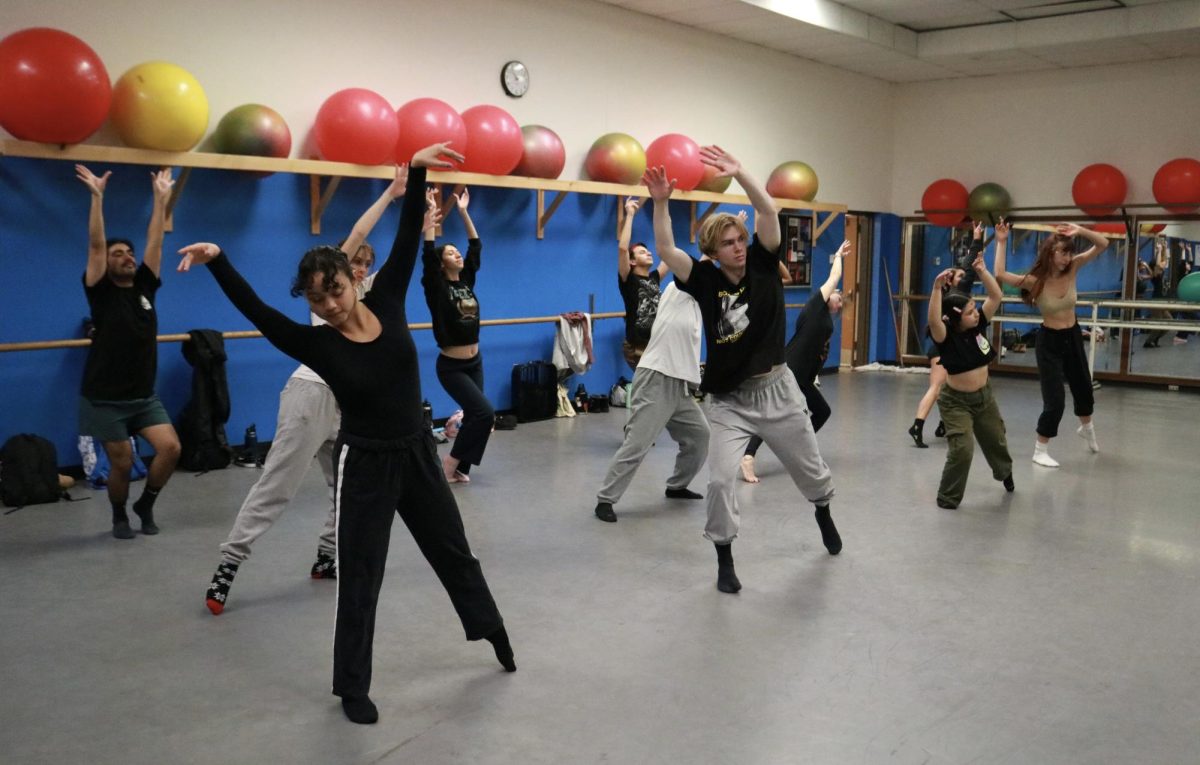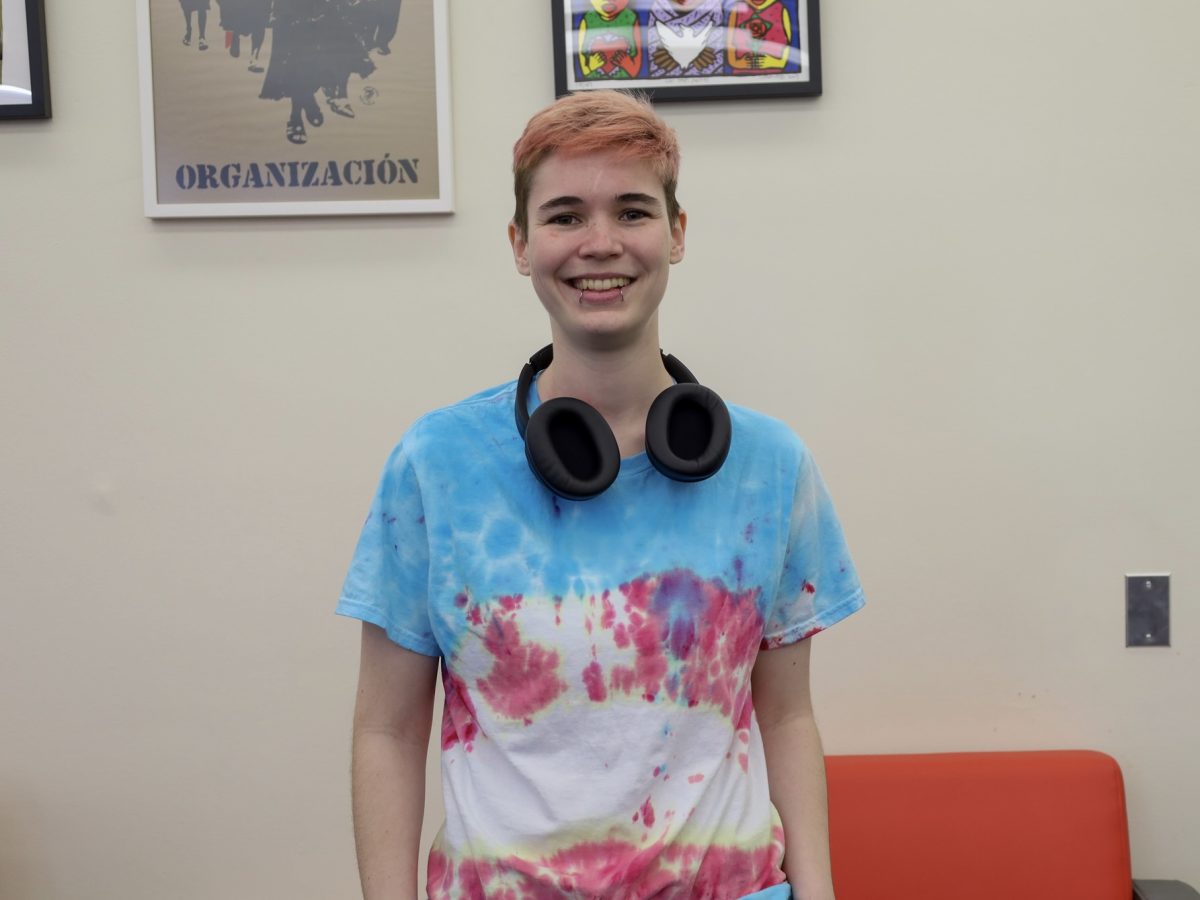She sits in front of her desk after a long day of back-to-back classes, logs in, uploads her weekend pictures for her family and friends to enjoy and accepts her new friend request.
These are some of the things Natalie Nava, 24, dentistry major, enjoys from the social networks in which she participates.
She, like most 16 to 29 year olds, have found a more hip and modern way to keep in touch and meet new people with similar interests through the click of a button.
“Right now, I have Facebook, Twitter, Myspace and Mocospace,” Nava said. “The one I update most often is Facebook.”
According to Ellison, Steinfield and Lampe, journalists from the Journal of Computer-Mediated Communications (JCMC), social network sites are meant to allow individuals to present themselves, articulate their social networks and establish or maintain connections with others.
“I primarily use Facebook,” Jeremy Lau, 18, liberal arts major, said. “Facebook is more of a use for friends, family, coworkers etc. There is a lot of communication that way for events and it’s easy to keep in contact.”
Facebook has become more than just a way to keep in touch with friends. The site now boasts a market place where individuals can see listings for everything from houses to cars. The site also has an event calendar where students can post parties or other events they may be planning and invite their friends with just the click of a mouse.
“I do go on to keep in touch, maybe to hear about a party or a reunion that’s going to happen, but one of my main reasons I go on is because I get to personalize my page with my own music, design and theme. I just make it for me,” Nava said.
The use of social networking sites has been found to increase people’s sense of psychological well-being, suggesting that it might provide benefits for users experiencing low self-esteem as found during a study done by the Department of Telecommunications at Michigan State University in 2007.
According to a February article on Slate.com regarding Facebook, the average person uses Facebook for approximately seven hours each month. In the month of January alone, the average rate a person spent on Facebook grew by 10 percent as compared to use from the previous month.
The Facebook website itself lists its active users as being more than 400 million and that people spend more than 500 billion minutes per month using this site. Some students though see this resource as a waste of time, time that should be spent doing more beneficial and productive things.
“I don’t really see the point of all those websites. To me, they’re just a waste of time. I don’t get why someone would take their sweet time for something so unproductive when there are better things to do,” Gaby Ramirez, 21, nursing major, said. “I just don’t get it.”
People subscribing to social networks should always take precautions because of the personal information that is put out there.
They may be allowing people such as child predators to access everything from their Email address to their phone number.
“Social networking can be dangerous, especially for the underage category. There are a lot of psychos out there who prey on children, ” Ramirez said. Ramirez cites the obvious example of the show MSNBC “Dateline” and its use of online chatting to lure predators.
Some students go to great lengths to make sure when participating in social networking sites they are maintaining their safety.
MSNBC reports on its website many instances of people hacking or even simply looking further into others Facebook and Myspace accounts for the purpose of gaining their personal information.
Nava said she makes sure her privacy settings are very secure in an attempt to prevent this sort of invasion and to regulate who can see certain things on her page.
“My profiles are set to private, which means one can only see a picture of my face and my name. If I get a request from someone that wants to be my friend and I accept it, then they have access to my interests, dislikes and pictures,” Nava said. “It’s not like I have my social security number or address for everyone to see.”





